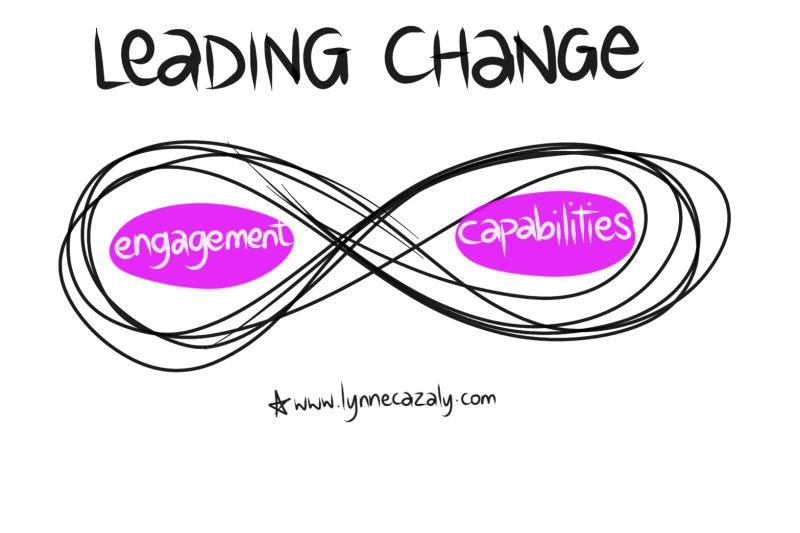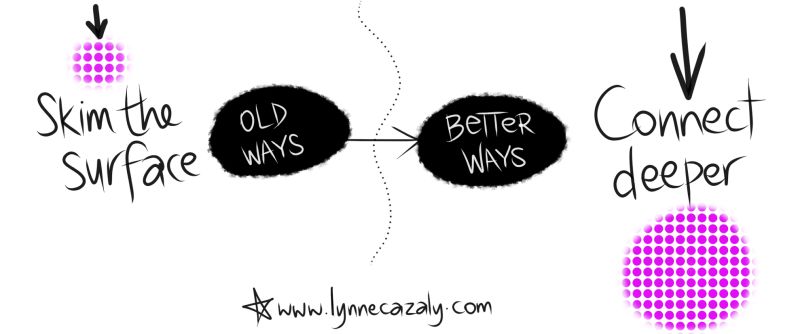Leading change ... remotely
 Monday, September 20, 2021 at 5:25PM
Monday, September 20, 2021 at 5:25PM  For leaders in these times of remote and hybrid work, change still has to happen.
For leaders in these times of remote and hybrid work, change still has to happen.
Guiding, leading and inspiring change can require some new and different techniques.
There’s still a requirement to have:
⏺ Engagement for change
and
⏺ Capability for change.
This week I’m working with a leadership team to prepare them to better engage their team for change.
We’ll be focusing on how to have better, more engaging conversations about change ... remotely. Handling tough questions, raising challenging topics, building greater human connection... online.
Then it’s onto the skills the entire organization needs - to ensure teams have the capabilities to embark on the changes planned.
This includes being able to work in a hybrid environment - where some people are onsite and some are working remotely. We’ll build problem-solving, sensemaking and decision-making skills.
Whatever you’re changing, think about
- engagement... for the leadership team,
and
- capability... for the wider organisation.
Tackle both for more successful remote, hybrid change.



















